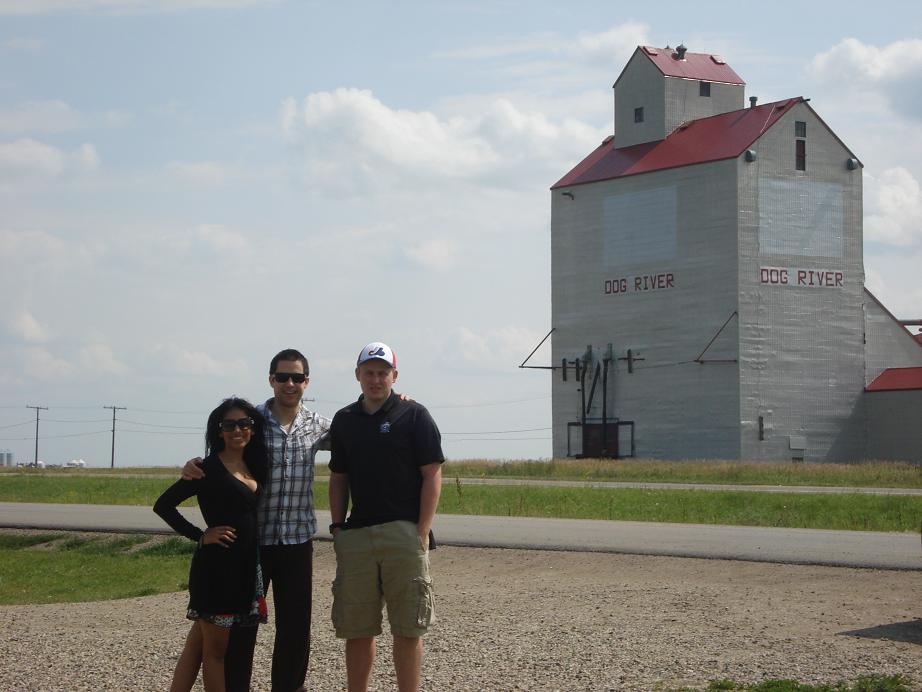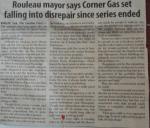Part 2 – Dogmatism vs. Ideology as it relates to Libertarians
- Teemu also pointed out that too many people stop thinking after they’ve read one book or two and then base all their thoughts on that. It would be as if he and I had read Ludwig von Mises' Human Action back in 2002 and then blogged about everything in the world we think that is inconsistent with it for the next 10 years.
- I agreed with him up to a point but I tried to make a distinction between dogmatism and ideology. It is possible to have strongly held beliefs that certain things are true, as long as those beliefs are backed up by evidence and you are in principle able to change those views. To argue that you must always maintain a neutral agnosticism about everything out of fear of becoming ideological is more than unnecessary – you would sacrifice the concept of truth at the altar of agnosticism.
- Just like the economists I referenced in part 1, as long as you maintain a methodological openness, you can be as ideological as you want without being dogmatic.
- I also remarked that it is better to be certain of your ideas one by one rather than accept a whole overarching philosophy like Libertarianism at once, accepting even the more untested bits along with the clearly true parts.
- Then we got on a bit of a tangent about how the only way for society to become libertarian is through a grassroots change in people’s attitudes towards helping themselves and each other – Teemu paraphrased the quote “Have a revolution only once you could win an election”
- I pointed out how libertarianism can indeed arise from populist, grassroots sentiments – look at the reaction to the bailouts and stimulus packages in the US. It’s simply the political incentive structure that prevents this populist sentiment from manifesting in real political action.
- Then we got on a bit of a tangent about how the only way for society to become libertarian is through a grassroots change in people’s attitudes towards helping themselves and each other – Teemu paraphrased the quote “Have a revolution only once you could win an election”
At this point our discusson changed to Teemu trying to raise some issues with Libertarianism I had never heard him raise before. It would appear in the past few months, perhaps influenced by his reading of Malcolm Gladwell’s Outliers, his previously radical libertarianism has moderated significantly. This will be discussed in Parts 3 and 4.



